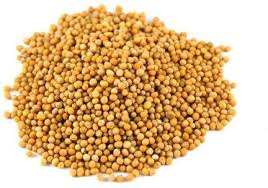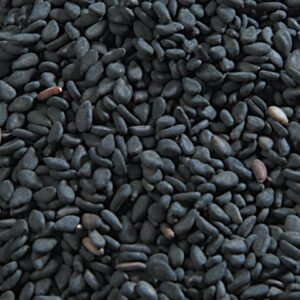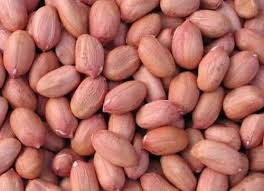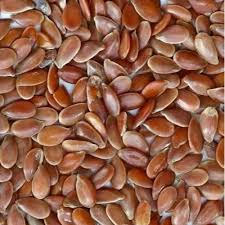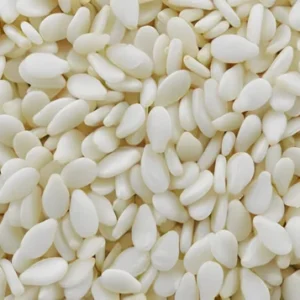Description
Mustard seeds are the small round seeds of various mustard plants belonging to the Brassicaceae family, which also includes cabbage, broccoli, and Brussels sprouts. Mustard seeds come in different colors, including yellow (also known as white), brown, and black. Here are some key points about mustard seeds:
- Varieties: Mustard seeds are available in several varieties, each with its own unique flavor and culinary uses. Yellow mustard seeds are mild and slightly tangy, while brown mustard seeds have a stronger, more pungent flavor. Black mustard seeds are the most pungent and are commonly used in Indian cooking.
- Flavor and Aroma: Mustard seeds have a distinctively sharp, spicy flavor and aroma, which intensifies when they are crushed or ground. The flavor profile of mustard seeds can vary depending on the variety and how they are prepared.
- Culinary Uses: Mustard seeds are a versatile spice used in various cuisines around the world. They are commonly used whole, crushed, or ground to add flavor and heat to dishes such as curries, sauces, marinades, pickles, relishes, salad dressings, and spice blends. Mustard seeds can also be toasted or fried to enhance their flavor before adding them to dishes.
- Health Benefits: Mustard seeds are rich in nutrients, including protein, dietary fiber, vitamins (such as vitamin A, vitamin C, and various B vitamins), minerals (such as calcium, magnesium, and potassium), and antioxidants. They are also believed to have various health benefits, including aiding digestion, reducing inflammation, and promoting heart health.
- Condiment Production: Mustard seeds are a key ingredient in the production of mustard condiments, such as mustard paste, mustard powder, and prepared mustard sauces. When ground and mixed with liquid (such as water, vinegar, or wine) and other flavorings, mustard seeds release enzymes that create a spicy, tangy condiment.
- Storage: Mustard seeds should be stored in a cool, dry place in an airtight container to maintain their flavor and freshness. Ground mustard seeds have a shorter shelf life and may lose their potency over time, so it’s best to grind them as needed for the freshest flavor.
Specifications
-
Botanical Name
Brassica Juncea, Brassica Nigra
-
Common Names
Black Mustard, Brown Common Mustard, Yellow Mustard Seeds, Peeli Sarson
-
Purity
99%, 99.50%, 99.90%
-
Types
Yellow Mustard, Brown Mustard
-
Forms
Mustard Seeds, Whole & Powder
-
Size
Bold & Micro
-
Cleaning
Machine Clean / Sortex Clean
-
GMO
Non Genetically Modified
-
Origin
India


